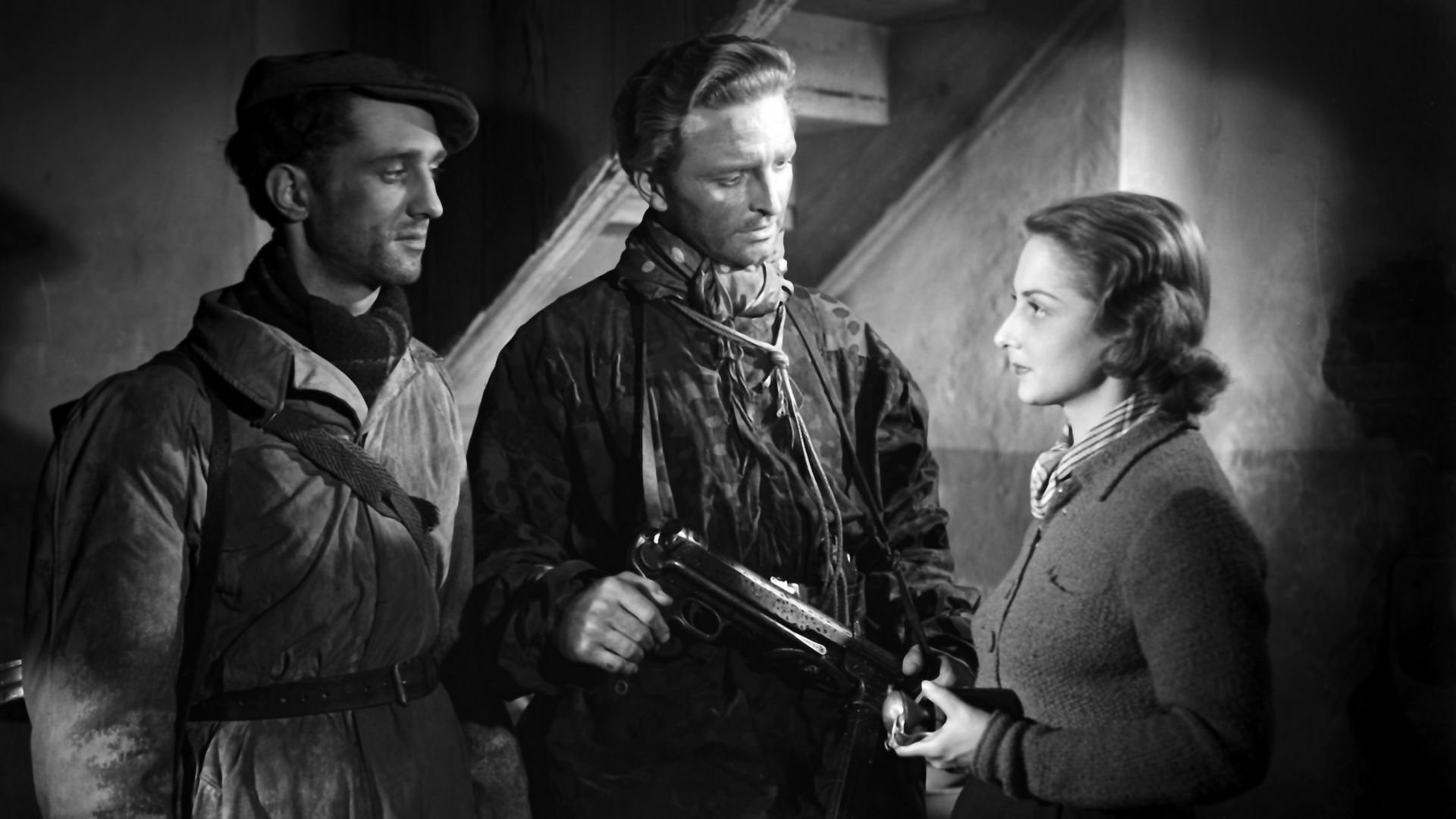
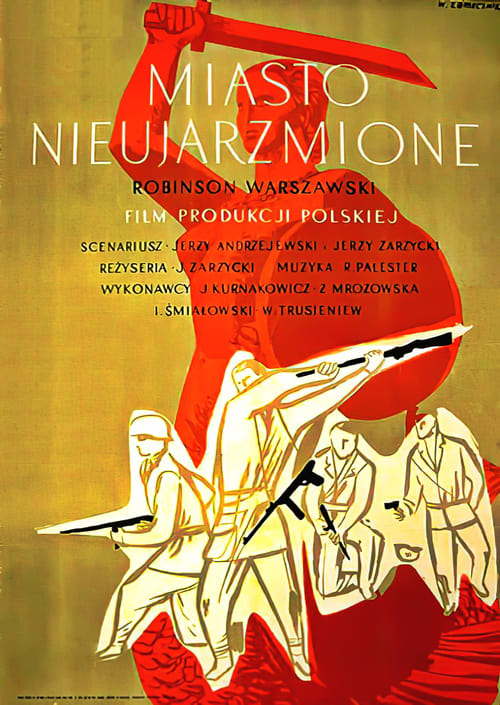
Warsaw after the fall of the Warsaw Uprising. The Germans expel the civilian population and then proceed to systematically destroy the city. The capital is transformed into a sea of rubble, among which a few survivors hide – modern-day Robinsons. One of them is Piotr Rafalski, who rescues Krystyna, a wounded Jewish woman. Three soldiers of the People's Army, cooperating with a Soviet telegraph operator, are also in the city.
No Trailers found.
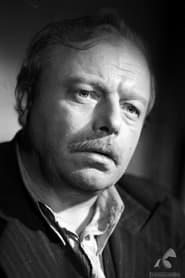
Piotr Rafalski

Krystyna
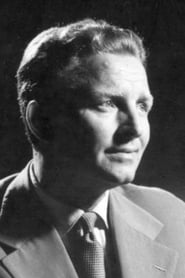
Andrzej

Jan

Julek

"Fiałka"

Polish General


Obergruppenfuhrer Fisher
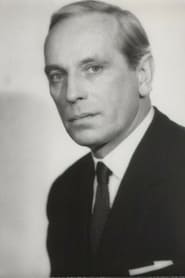
German Officer
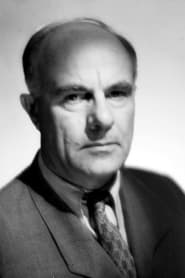
Polish General
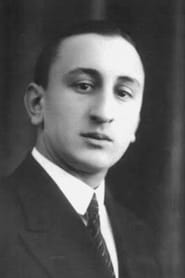
German Looter